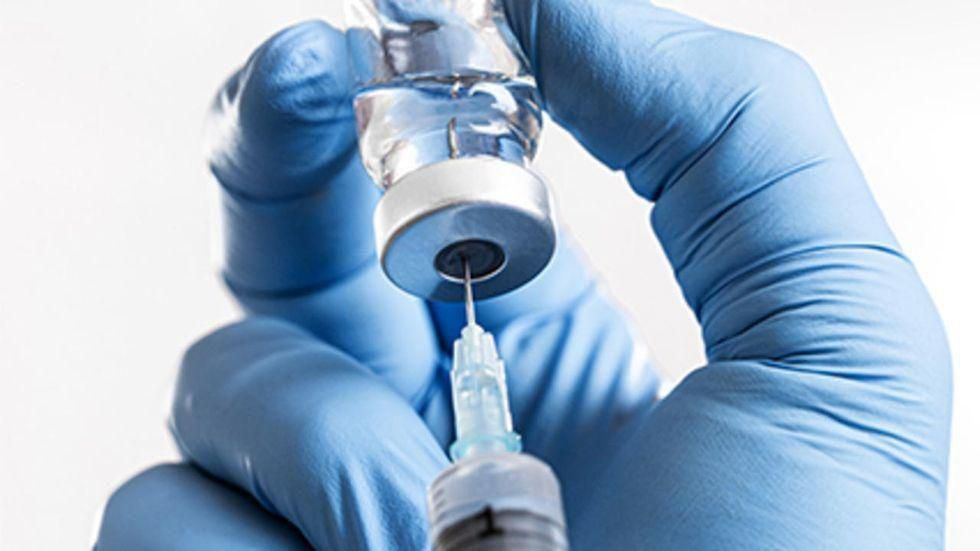
Mobile health apps can help older Americans but only about four in 10 use them, and those most likely to benefit are least likely to take advantage of them, a new survey reveals. Health apps monitor everything from calories and exercise to blood pressure and blood sugar to help users manage chronic conditions or achieve… read on > read on >






























